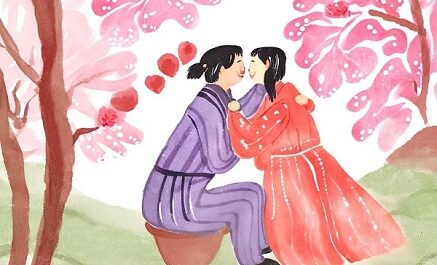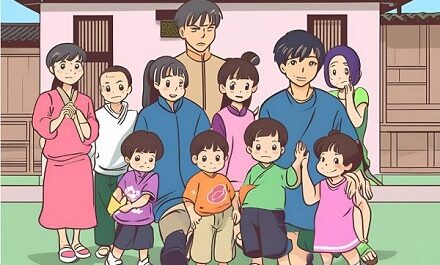Learn Chinese Idiom with Pinyin and English
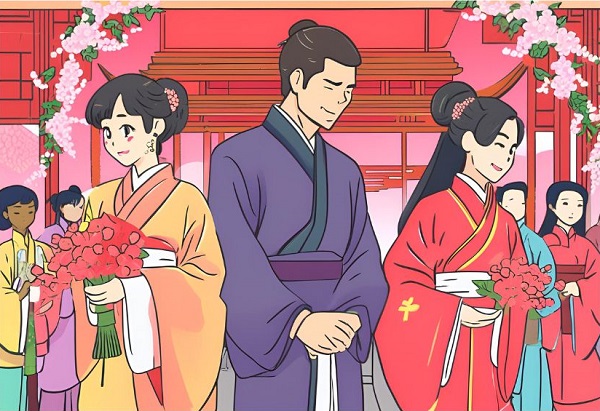
- Idiom in Chinese-女大须嫁。
- Pinyin of Idiom– nǚ dà xū jià.
- Idiom’s Meaning in English– This Chinese idiom expresses the traditional belief that women should marry when they reach a certain age. It reflects the societal expectation that females should enter into marriage relationships as they mature, often seen as a marker of adulthood and social stability.
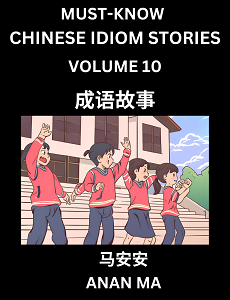
Chinese Idiom Stories Books (HSK All Levels):
- Books to Learn Chinese Idiom Stories (Part 1)
- Books to Learn Chinese Idiom Stories (Part 2)
- Books to Learn Chinese Idiom Stories (Part 3)
Learn Chinese Idiom Story in English (成语故事的英文)
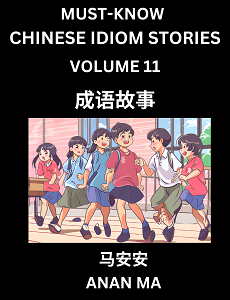
In ancient China, there was a girl named Xiaohong. She was intelligent, agile, diligent, and eager to learn. As she grew older, Xiaohong developed into a graceful and elegant young woman with charming beauty. Her parents, seeing her maturity, began to worry about her marriage. They told Xiaohong, “A woman must marry when she grows up. You have reached the age to be wed.” Although Xiaohong was curious and hopeful about marriage, she understood her parents’ concerns. Eventually, with the introduction of a matchmaker, Xiaohong married a scholar who was both virtuous and handsome, and she lived a happy and fulfilling life.
Learn Idiom Story in Chinese (成语故事)
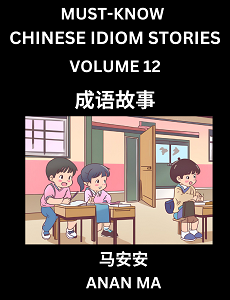
在中国古代,有一个叫小红的女孩,她聪明伶俐,勤奋好学。随着年龄的增长,小红逐渐出落得亭亭玉立,美丽动人。她的父母看到她一天天长大,开始担心她的婚事。他们告诉小红:“女大须嫁,你已经到了该嫁人的年纪了。”小红虽然对婚姻充满了好奇和期待,但她也明白父母的担忧。最终,在媒人的介绍下,小红嫁给了一个品貌兼优的读书人,过上了幸福美满的生活。
Learn Keywords with English, Simplified Chinese Characters, and Pinyin (关键词)
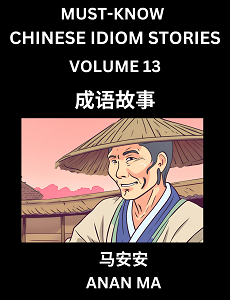
- 小红 (Xiǎohóng): A girl’s name
- 聪明伶俐 (cōng míng líng lì): Intelligent and agile
- 勤奋好学 (qín fèn hào xué): Diligent and eager to learn
- 亭亭玉立 (tíng tíng yù lì): Graceful and elegant
- 美丽动人 (měi lì dòng rén): Beautiful and charming
- 婚事 (hūn shì): Marriage
- 媒人 (méi rén): Matchmaker
- 品貌兼优 (pǐn mào jiān yōu): Good in character and appearance
- 读书人 (dú shū rén): Scholar
Pinyin of Idiom Story (故事的拼音)
Zài zhōngguó gǔdài, yǒu yīgè jiào xiǎo hóng de nǚhái, tā cōngmíng línglì, qínfèn hàoxué. Suízhe niánlíng de zēngzhǎng, xiǎo hóng zhújiàn chū luo dé tíngtíngyùlì, měilì dòngrén. Tā de fùmǔ kàn dào tā yītiān tiāncháng dà, kāishǐ dānxīn tā de hūnshì. Tāmen gàosù xiǎo hóng:“Nǚ dà xū jià, nǐ yǐjīng dàole gāi jià rén de niánjìle.” Xiǎo hóng suīrán duì hūnyīn chōngmǎnle hàoqí hé qídài, dàn tā yě míngbái fùmǔ de dānyōu. Zuìzhōng, zài méirén de jièshào xià, xiǎo hóng jià gěile yīgè pǐnmào jiān yōu de dúshūrén,guò shàngle xìngfú měimǎn de shēnghuó.


